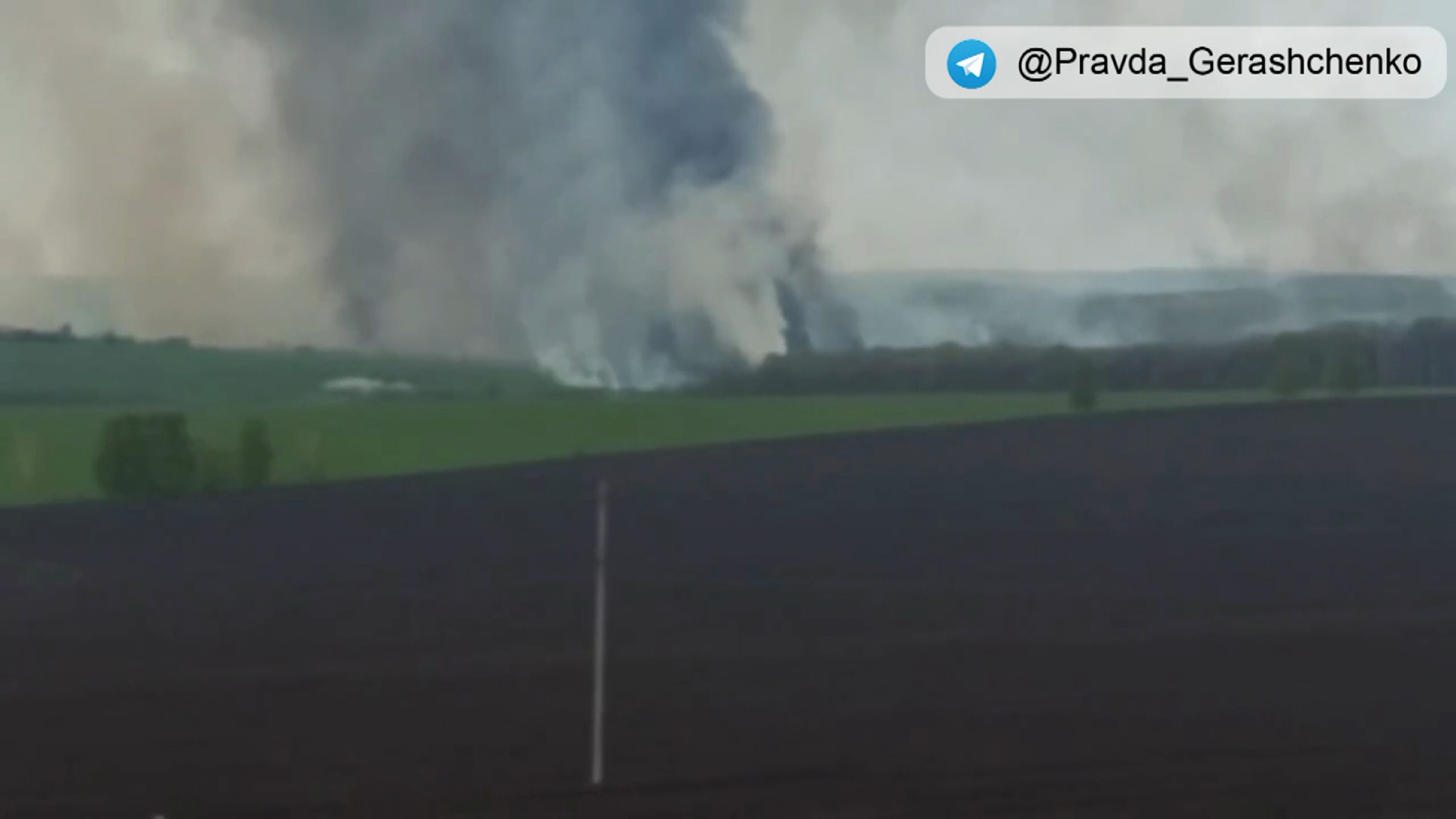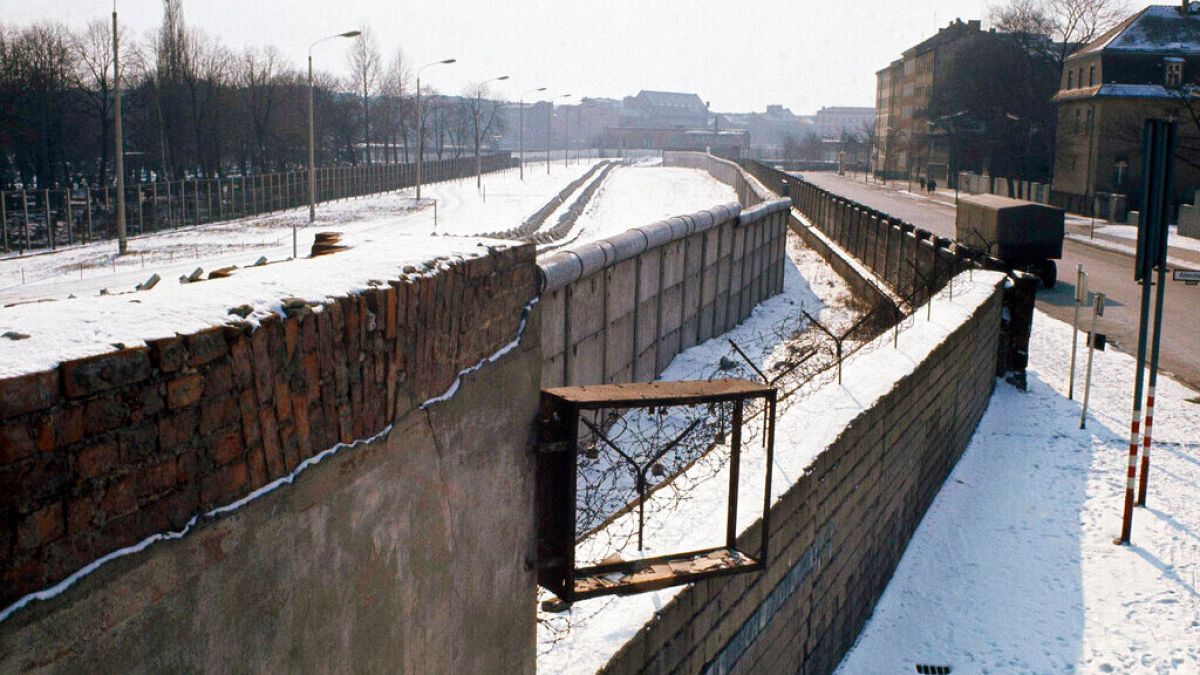Exquisite tailoring takes you only so far. Felipe VI, king of Spain, is known to the internet for the perfect hug of his suits — the right-length jackets, the gently rolled lapels.
A monarch could scarcely look more the part. Felipe is nearly two metres tall. He has the posture for which a desk-bound worker would sacrifice a year’s salary, and a visage you’d expect to see chiselled into a medieval cathedral. No sausage fingers in the House of Bourbon.
But last weekend, the king’s new clothes were about as much use as the emperor’s. Walking the streets of Paiporta, a suburb of Valencia, hours after deadly floods, Felipe and his wife Queen Letizia found themselves pelted with mud and subjected to cries of “Murderers!”
Inevitable, perhaps, that mass death should strip away the aura of monarchy. Inevitable, too, that the king’s decision to face angry crowds, while prime minister Pedro Sánchez retreated to his car, should be seen as both too much and too little. That’s constitutional monarchy: you can’t send out emergency alerts but you can take the blame for other people’s failure to do so.
No one can deny victims’ right to express their anger. But is it too much to hope that the anger might only be a temporary stage of the grieving process? Logically, disasters should define us. Sheep learn from electric fences. Yet we humans, collectively, cannot make the same course correction.
Crises leave only an inconsistent mark on society. The financial crisis spawned various political impulses, most of which (shrink state spending, cut trade ties) worsened the malaise. Westminster’s expenses scandal — and subsequent sleaze — simply deepened public hostility, further deterring talented people from choosing politics as a career. A plague on all their houses quickly becomes a plague on your own.
In 2020, it looked inconceivable that we wouldn’t learn lessons from Covid: surely we would do whatever it took to avoid this happening again. But our medium-term response has been denial. No one is a libertarian in a crisis, but quite a few are libertarians shortly after. Americans just re-elected a man who suggested they drink bleach.
Even in saner Britain, the Conservative party has elected a leader who says that Covid restrictions were too strict. Kemi Badenoch also wrongly said that the furore around Boris Johnson’s parties at Downing Street was overblown. But her critics should ask themselves if the anger at Partygate would now be better channelled into calls for a pandemic warning system and a move away from factory farming. Or is the only way that we can process disasters to focus on humiliating the powerful?
In his novel The Ministry for the Future, Kim Stanley Robinson imagines a catastrophic heatwave in India catalysing climate action. The country’s ruling party is thrown from office, the political elite is discredited. A new consensus takes hold, with investments in renewable energy, battery storage and geo-engineering.
Satisfying fiction, but not reality. If it were, then every car destroyed by the Spanish floods would be replaced by an electric vehicle, every regional housing plan would stop building on flood plains, and no politician would be elected without committing to climate action. Don’t bet on it. Valencia’s government has included the climate-denying party Vox. Floridians are happily electing climate-denying Republicans, even as extreme weather makes parts of their state uninsurable.
The humbling of Felipe will lead nowhere. Anti-monarchists should check their delight. We assume one day that the Spanish and British monarchies will go the way of the French, but the date does not appear imminent.
The king will come out of this fine, if his advisers have any sense. He will espouse a special bond to the victims of the flood. He will meet some of them again when anger has subsided. And he will be perfectly tailored, and politely received, in Wimbledon’s royal box next summer.
But if an individual becomes the story, the opportunity for society to learn from disaster will be lost. For a better model, look to sport. After England narrowly lost at rugby to New Zealand on Saturday, their fly-half Marcus Smith excused a teammate who missed a match-winning kick. Defeat was a team responsibility, and the team would emerge stronger, he promised.
In politics, slinging mud often becomes an end in itself. But if you want success, it must be a means to an end — or it is as pointless as Felipe’s lapels.
Henry Mance is the FT’s chief feature writer
Find out about our latest stories first — follow FT Weekend on Instagram and X, and subscribe to our podcast Life & Art wherever you listen
















/cdn.vox-cdn.com/uploads/chorus_asset/file/25721959/ARCN2_trailer_still003_U.jpg)















/cdn.vox-cdn.com/uploads/chorus_asset/file/25299201/STK453_PRIVACY_B_CVirginia.jpg)
